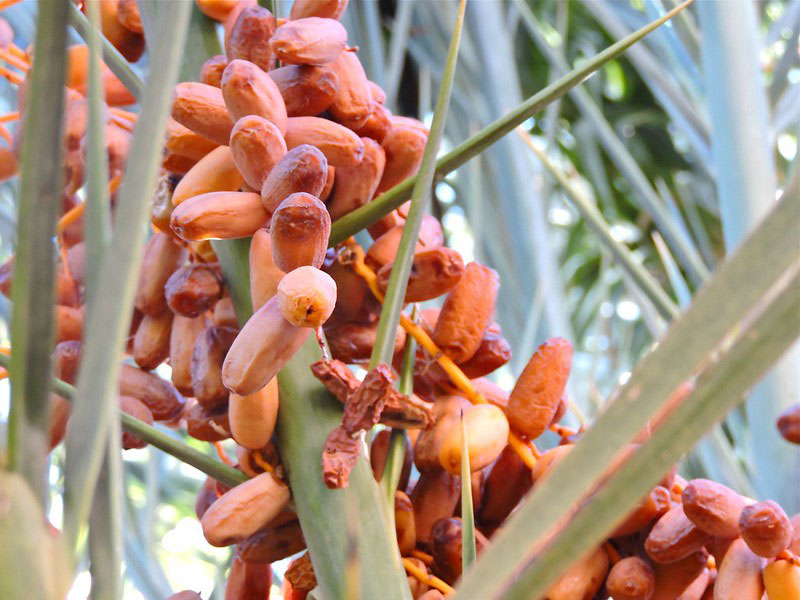Development. When many people hear this word, they think of infrastructure and improved education but do not necessarily think about the challenges and processes that convert a place to a developed area. Participatory methods have been shown to have many benefits and positive outcomes as a method of development including helping women become empowered, pave a better future for youth, and create successful health education programs. The push behind these programs is essential to the long-term development of rural communities and builds a sense of self by allowing individuals to focus more on personal goals. A large portion of the challenge in development stems from public health challenges, including access to clean water and lack of sanitation because these issues are the basis of human well-being.
Clean water is an issue that plagues countries and rural communities globally, yet only slight improvements have been made in recent years. Currently, 1.6 million children die from complications related to unclean drinking water every year. Access to clean water is vital for all people, and contaminated water often carries lethal diseases thus increasing mortality rates. Approximately 60% of the Moroccan community has access to clean drinking water, but even for the population that does have access to this water, the sources still may be far away and inconvenient for access. Additionally, these sources may include taps, wells, tank water, and open sources; but, in rural areas where people may appear to have water, the source is not reliable or always clean.
The biggest issue is the allocation of water to more rural areas. Now, to most people, it seems that sanitation is a prevalent public health issue, but there is more to it than illness and mortality statistics that are commonly displayed. When clean water is easily accessible for all individuals, individuals have more time to spend on education and bettering themselves. In the process of development, health should be at the forefront of the community goals. Since death rates decrease and less time and resources are being dedicated to issues with water-borne illnesses like cholera and dysentery, women and children can participate more fully in other projects.
In many rural areas, illiteracy rates are higher among women, as they are often pulled away from formal education in order to care for children or gather resources such as food and water to feed their families. The societal notion that men should be the only educated, working ones of the household is outdated, and these Moroccan women have potential that is waiting to be uncovered. The solution begins with the indispensable need for clean water and sanitation in rural communities.
Looking through the lens of participatory development, solving the issue of public health through clean water access is one of the roots of a thriving community. In Somesh Kumar’s “Methods for Community Participation: A Complete Guide for Practitioners,” he acknowledges how participatory rural appraisal allows people to reflect on their experiences and sustainably shape their community while providing a sense of ownership and empowerment. The community members give their voice on the area they feel is of utmost importance to be fixed, and within these approaches clean water access is a favored topic. The projects they decide to complete are far more likely to be maintained because of personal involvement. When outside organizations develop a rural community, their methods are often standardized approaches because they can never be fully cognizant of the deeply rooted issues. With water access, different methods like a well in one community may not work for a different area because of geography and maintenance levels, so individualized approaches are necessary.
Within development, many sectors depend on each other, for example, accessibility to water and education. When community members are too busy working on ways to satisfy essential needs, they have little time to become educated; therefore, if a school is built, its effectiveness is not maximized until we address the issue of water correctly and maintain community access. In a past High Atlas Foundation Blog, Safae Lacheheb notes, ”In our daily water-rich life we may take water for granted, but in parts of Morocco, access to clean water is a matter of life or death. Safe drinking water is fundamental to health, survival, growth, and development.” This point links together access to water and the bigger impact on rural areas. When certain projects are prioritized by community members being at the heart of their decisions, we can change communities in a way that truly looks at the root of issues like clean water access.
Access to clean and reliable water sources not only greatly improves community health, but it is also a step that allows people to focus their time on other areas of life. These may be education, careers, or family care, which all contribute to community enrichment. Clean water is more than just a biological necessity, rather it is a means of allowing every person to live without fear and empower a community for real forward progress.





